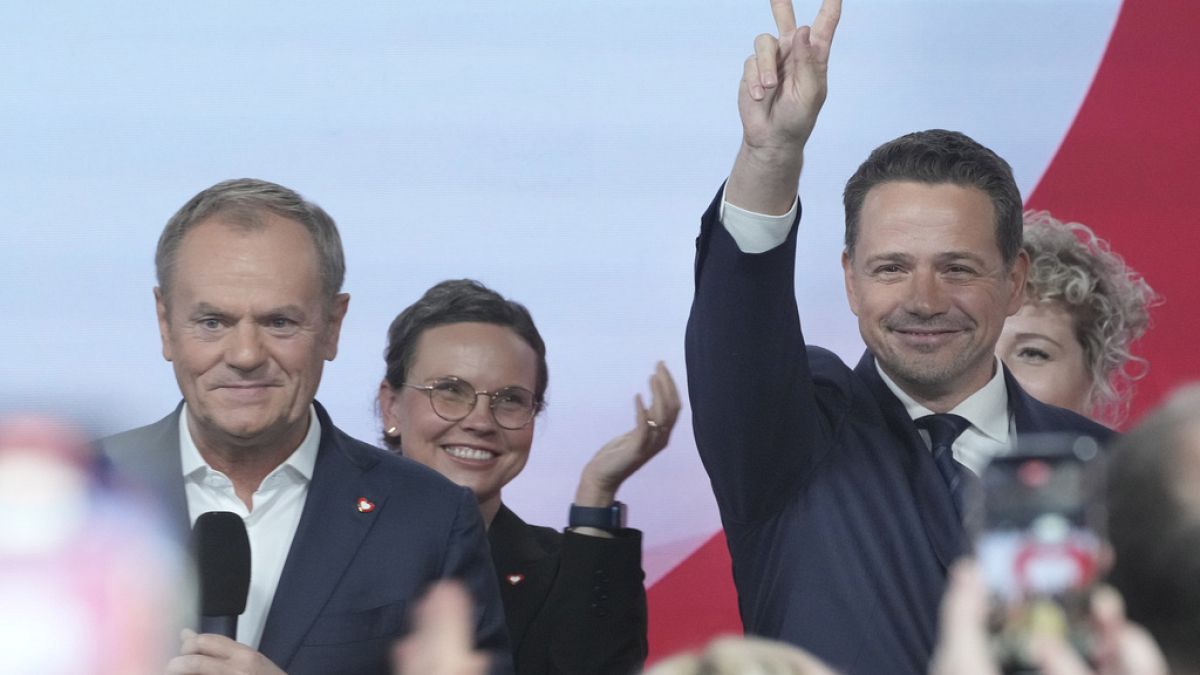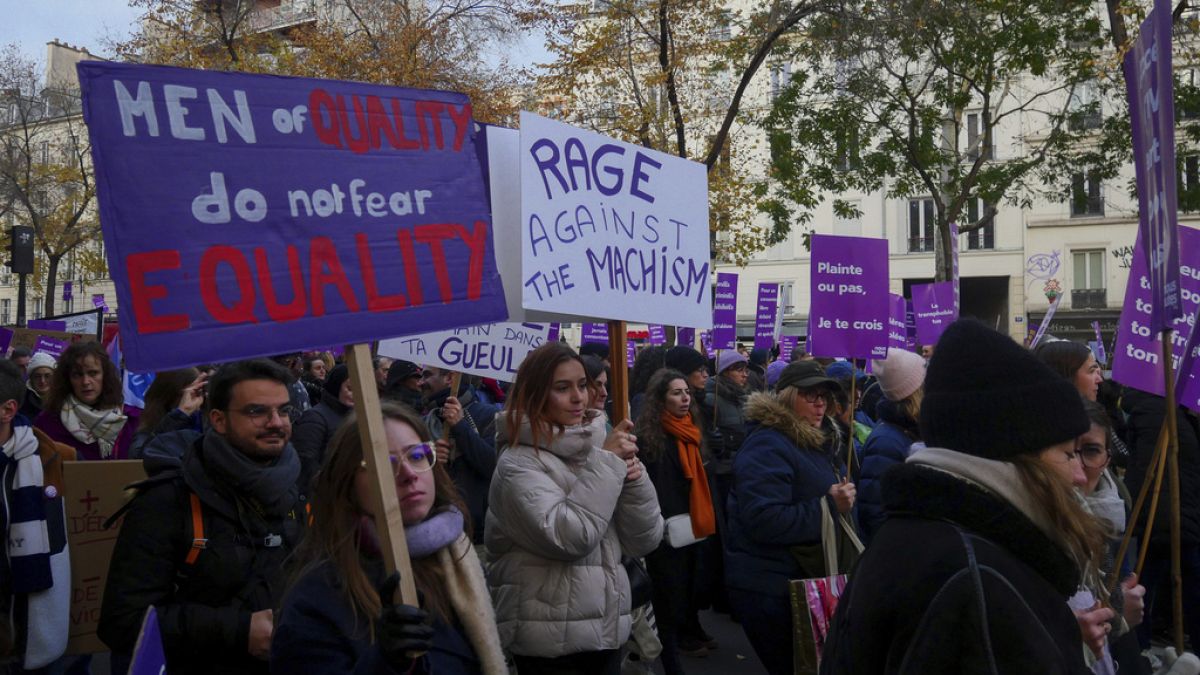IMF chief warns ‘not yet time to celebrate’ as low growth and high debt weigh on global economy

The head of the International Monetary Fund cautioned on Thursday that high debt and low growth remained major impediments to the global economy.
IMF Managing Director Kristalina Georgieva told CNBC that while notable progress had been made in the global economic recovery, governments had become too accustomed to borrowing, with “anemic growth” adding to the challenges of servicing that debt.
“It’s not yet time to celebrate,” she told Karen Tso. “When we look into the challenges ahead of us, the biggest one is low growth, high debt. This is where we can and must do better,” she added.
While Georgieva commended the work of major central banks in taming inflation, she noted that the achievements had not been universal and that some economies were continuing to struggle with higher prices, which was adding to social and political discontent.
“It is successful major economies that have done really well … and there are pockets in the world where inflation is still a problem,” she said.
“The impact of higher prices remains, and it is making many people in many countries feel worse off and angry.”
The comments come as finance ministers and central bank governors are set to meet next week in Washington DC for the 2024 annual meetings of the IMF and the World Bank Group. They will discuss topics including the world economic outlook, poverty eradication and the green energy transition.
Georgieva warned that international trade would no longer be the “engine of growth” it once was, highlighting the proliferation of restrictive policies among many economies.
The U.S. and the European Union have moved to impose a series of punitive tariffs against China over what they deem as Beijing’s unfair trade practices.
“What we are seeing in the United States, but also elsewhere, is pressures from people who understandably feel that globalization did not work for them; their jobs disappeared, their communities had not been attended, and concerns on security grounds — mostly grounded in the impact of the pandemic, and the impact of Russia’s aggression against Ukraine — they bring national security priorities up on the list,” she said.
“All of this indeed is creating more of an environment of mistrust and now it is advanced economies more than emerging markets that are leading in industrialist measures [and] in protectionist measures.”
The IMF managing director has previously warned against such restrictions, telling CNBC in June that the growing “love” of curbs, such as tariffs, were damaging to international development.
On Thursday, she doubled down on that message insisting that “retaliatory” trade measures could hurt the implementers as much as their targets.
“Our advice is, carefully look at the costs and benefits and what that may mean in [the] medium term. And of course we do our part by calculating the cost and benefits, and showing who bears them, because tariffs are usually borne by businesses and consumers in the country that introduces them,” she said.
Earlier on Thursday, Georgieva also pointed to wider geopolitical tensions as one of the key risks to global financial stability.
“We are all very worried about the expanding conflict in the Middle East and its potential to destabilize regional economies and global oil and gas markets,” she said during her curtain raiser speech.
World News || Latest News || U.S. News
Source link



